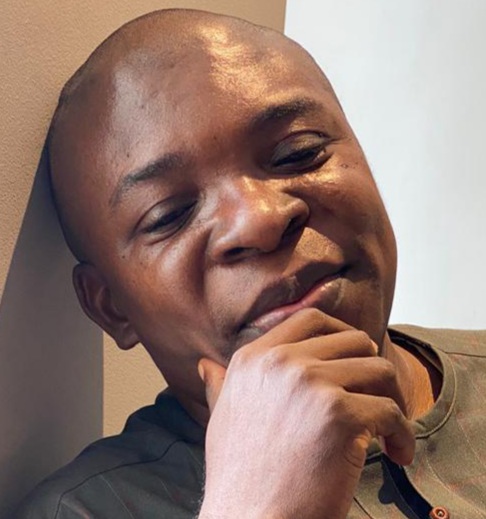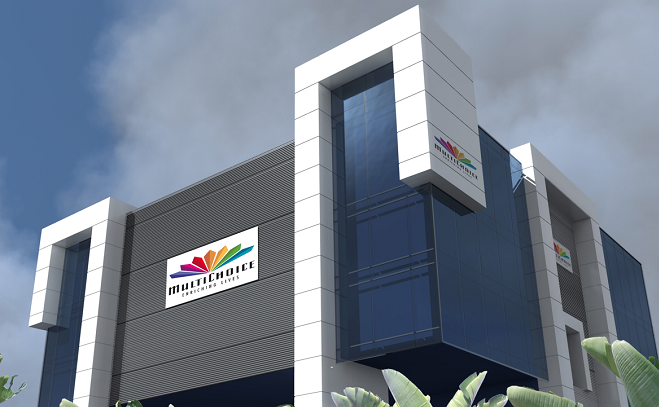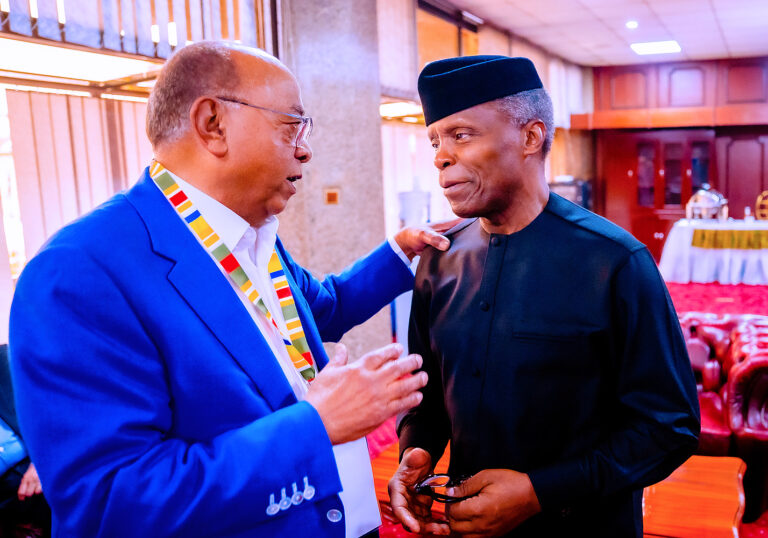Habib Aruna, former chief press secretary to Lagos state governor, provoked a debate on his Facebook wall with a post railing against the new tariff regime announced by Multichoice across product offerings effective May 1, 2023. I quipped on the post that — considering the operating environment with rising energy and power costs, inflation, weak naira, and other economic factors — whether the company does not have the right to increase prices.
Other businesses across sectors and retailers of various hues have increased prices many times over the last 24 months in Nigeria and across the world. I keep wondering why there is always a charge against Multichoice each time the company attempts to raise prices that are market reality-reflective.
For me, Pay TV is a lifestyle choice that we are free to make or not make. Multichoice is not selling oxygen, liver or other vital human organs without which one cannot live.
The price increase is across their market continent-wide and not just in Nigeria. Businesses always pass cost to consumers as the only way to continue serving them, survive and thrive. Otherwise, all stakeholders, including customers lose out from both intrinsic and non-intrinsic value of the enterprise.
Advertisement
In dollar terms, a comparative analysis of what is paid for the same service offerings in South Africa and Kenya reveals consumers in Nigeria pay less than their counterparts in other jurisdictions. While DSTV premium subscribers in Nigeria will pay the equivalent of $33.11, those in South Africa will pay 43.48 for the same service and in Kenya, subscribers will pay $70.06.
The assumption that Multichoice is cheating Nigerians because it is a monopoly is unfounded. Multichoice is not a monopoly as there are other competitors like StarTimes, TSTV and a rash of cable companies under the umbrella of the Association of Cable Operators of Nigeria (ACON). Before now, we had FSTV, Raymond Dokpesi’s DAARsat, CONsat and HiTV, which famously outbidded Multichoice for the prized football properties before economic factors and, as some said at the time, weak corporate governance sent it over the cliff.
StarTimes recently increased prices, effective April 14, and it turned out a non-event. The company cited reasons very similar to the ones Multichoice adduced for its own decision. No hoopla.
Advertisement
Multichoice may be a dominant player in the Pay TV business but certainly not a monopoly and never has been.
Very laughably, many are calling on the government to regulate MultiChoice’s prices, something that was not done when airlines did, when power companies increased and when prices of diesel and petrol, all far more crucial items, went up. As Dr Babatunde Irukera of the Federal Competition and Consumer Protection Council (FCCPC) told Premium Times in an interview, the agency has no power to regulate consumer prices.
It is possible that when many look at Nigeria’s coat of arms, they see CCCP and assume that Nigeria is a reincarnation of the old Soviet Union which was free enterprise-averse. Nigeria is a free enterprise economy.
A provider of goods or services can increase its prices when it feels a need to. It harms itself if the market does not find what it sells sufficiently compelling to pay the higher price. That hasn’t happened in the case of Multichoice. Of course, any company that ignores the local economic dynamics by charging way below what will keep it afloat and profitable is sending an invitation to collapse.
Advertisement
I think we grew up with a culture of thinking television is a public utility for which we don’t have to pay like we thought water and electricity were not to be paid for. Pay TV is conditional access TV. You pay to watch. It is not cheap anywhere in the world if it offers premium content. There are packages for all sorts of pockets. Choose the one that suits you.
One last thing: It’s time we stopped parroting the fabricated rubbish that pay-per-view or pay-as-you-go is the solution. The internet can provide more light on this. The same device with which some people type this rubbish offers a trove of information.
Again, Dr Irukera addressed the whole misconception and miseducation about pay-per-view as not the same thing as the pay-as-you-go model in GSM telephony. He told Premium Times that “the pay-as-you-go model in telecommunications is not necessarily applicable and so we confuse it sometimes with pay-per-view. Pay-per-view is not that you pay for what you view from the point of when you turn your television on.
“It is primarily that there are certain programmes, maybe a boxing match, a movie that are still in the cinemas that some Pay TV operators have bought and you can literally request instead of going to a stadium or going to a cinema to watch, you can watch it in your home and pay for that view. That is pay-per-view, but we confuse it with pay-as-you-go.
Advertisement
“What people are asking for in pay-as-you-go is when you turn on your television and you are watching, you pay. When you turn off your television and you are not watching you don’t pay. It is difficult because the content has been created, what you are paying for is access.”
Advertisement
Views expressed by contributors are strictly personal and not of TheCable.
Add a comment







